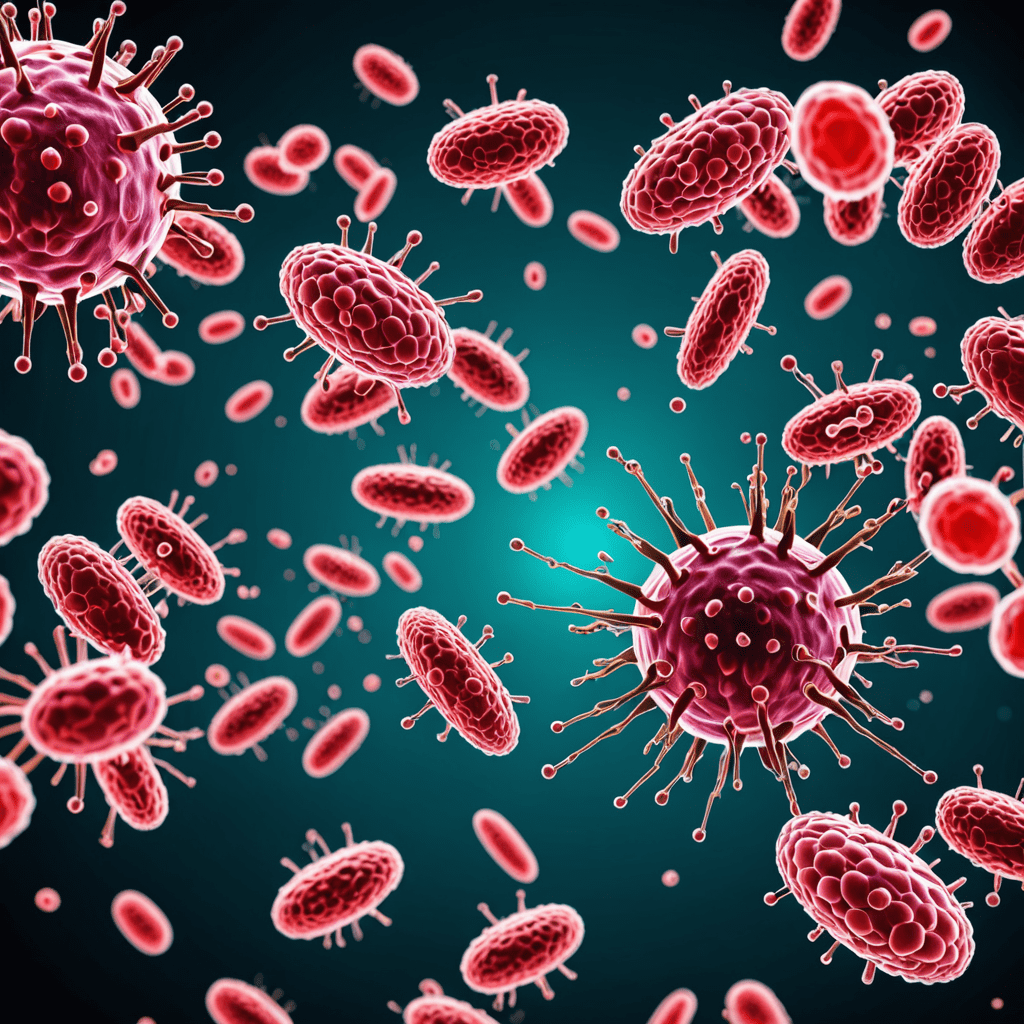The Impact of Nanotechnology in Agriculture
Nanotechnology is revolutionizing the agricultural industry by enhancing precision farming techniques. By leveraging nanotech advancements, farmers can optimize crop production, improve resource efficiency, and address environmental challenges.
Enhancing Crop Yields with Nanoparticles
Nanoparticles can be used to deliver nutrients and pesticides directly to plants at the molecular level, ensuring maximum absorption and effectiveness. This targeted approach helps in increasing crop yields while minimizing waste.
Soil Health Improvement through Nanomaterials
Nanomaterials such as nanofertilizers and nanosensors can improve soil health by enhancing nutrient availability, monitoring soil conditions, and detecting potential issues in real-time. This proactive approach aids in sustainable farming practices.
Precision Delivery Systems for Pest Management
Nanotechnology enables the development of smart delivery systems for pest management, allowing for precise and controlled release of pesticides only when and where needed. This reduces chemical usage, minimizes environmental impact, and protects beneficial organisms.
Water Efficiency and Conservation with Nanosensors
Nanosensors can monitor soil moisture levels, nutrient content, and overall crop health in real-time, enabling farmers to optimize irrigation practices and conserve water resources. This technology plays a crucial role in sustainable water management in agriculture.
Nanotech-Enabled Smart Farming Practices
Integration of nanotechnology with smart farming techniques like data analytics, automation, and precision monitoring allows for data-driven decision-making and enhanced operational efficiency on the farm. This combination leads to improved productivity and cost-effectiveness.
Challenges and Future Prospects
While nanotechnology offers immense potential in revolutionizing agriculture, challenges such as regulatory concerns, scalability, and cost-effectiveness need to be addressed. Continued research and collaboration are essential to unlock the full benefits of nanotech in precision agriculture.
Conclusion
Nanotechnology holds great promise in optimizing farming practices, improving sustainability, and ensuring food security for a growing global population. By harnessing the power of nanotech innovations, the future of agriculture looks brighter, more efficient, and environmentally conscious.
FAQs about Nanotechnology in Precision Agriculture
What is nanotechnology, and how is it applied in precision agriculture?
Nanotechnology deals with structures sized between 1 to 100 nanometers, allowing precise manipulation of materials at the molecular level. In precision agriculture, nanotech enhances farming techniques through targeted delivery of nutrients, monitoring soil conditions, and improving crop resilience.
How does nanotechnology benefit farmers in precision agriculture?
Nanotechnology enables farmers to optimize resource management by efficiently delivering fertilizers and pesticides, reducing waste and environmental impact. It also helps in developing nano sensors for real-time monitoring of crop health, soil moisture levels, and identifying pest infestations.
Are there any safety concerns associated with nanotechnology in agriculture?
While nanotechnology offers vast potential in agriculture, ensuring the safety of nano-based products is crucial. Research is ongoing to evaluate any potential risks to human health, the environment, and food safety posed by nanomaterials used in agriculture to address any concerns.

